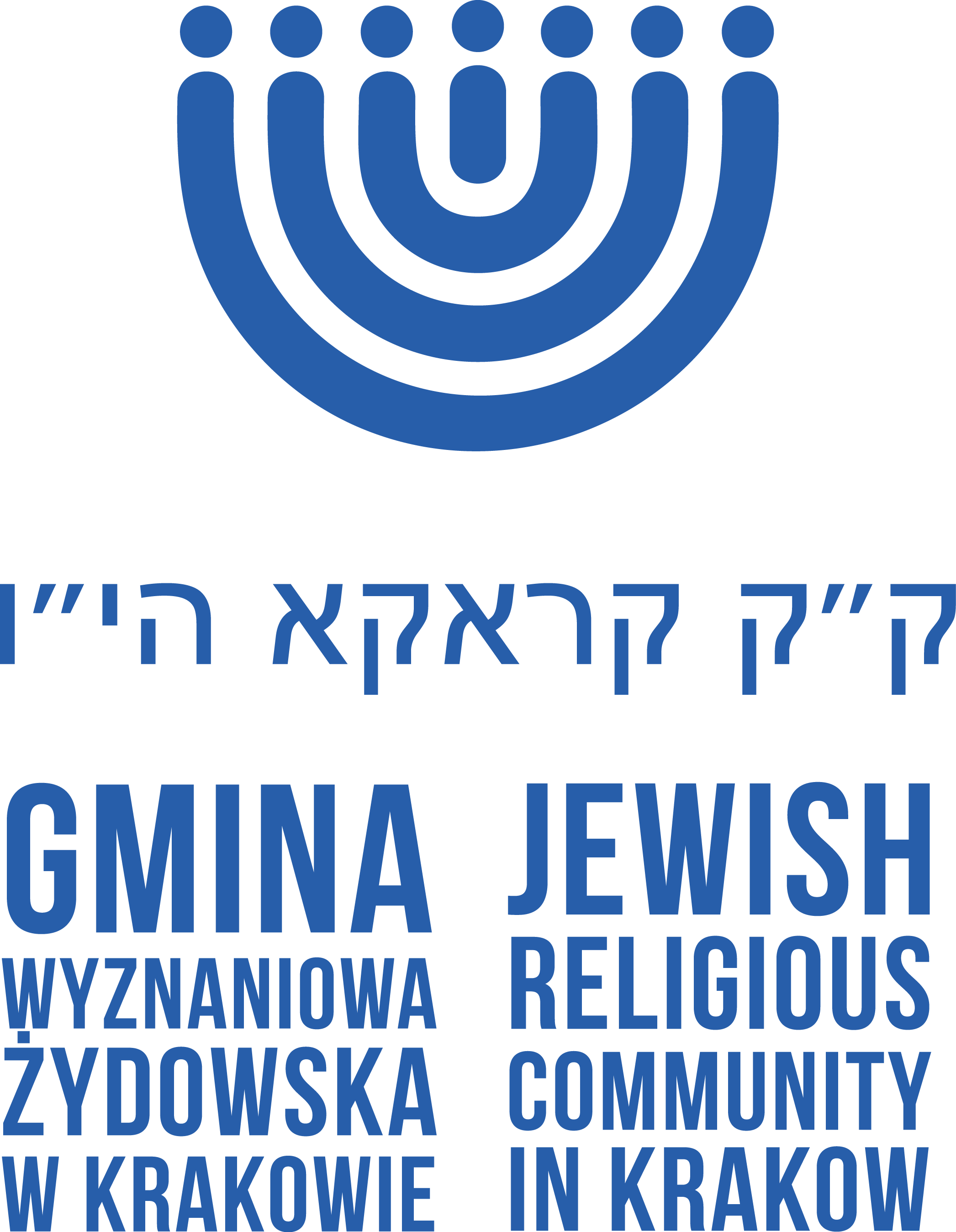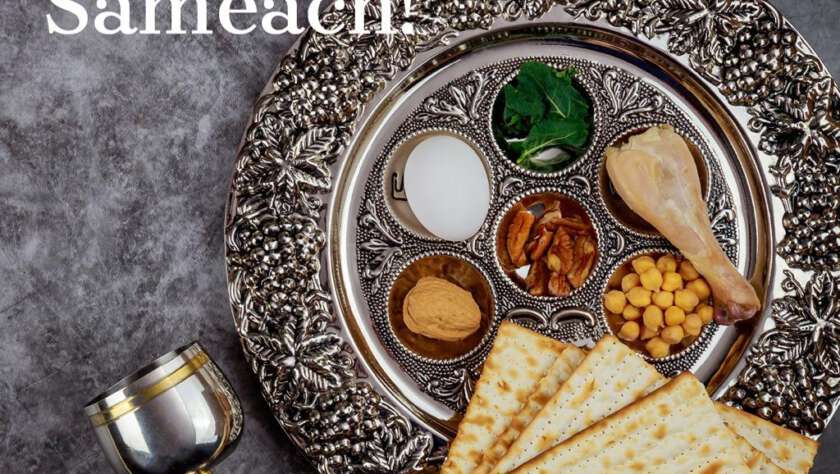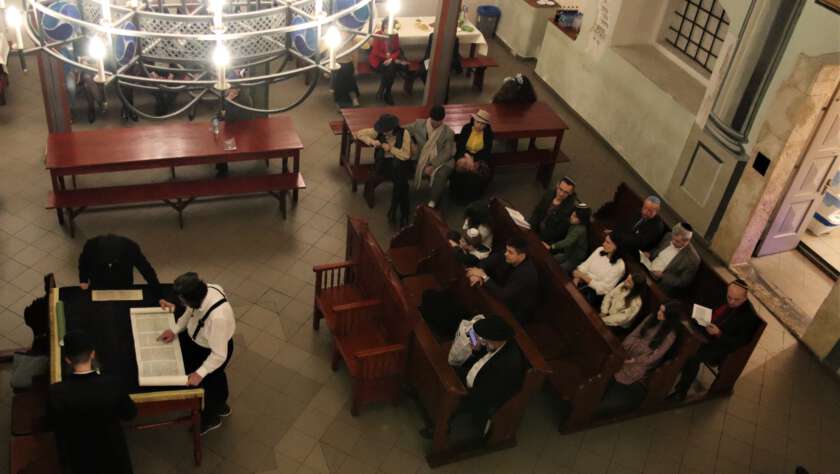A building permission for a synagogue was granted to Izak Jakubowicz by the King on 30th April 1638. Before we proceed to the topic of the synagogue itself, let us get familiar with the Jakubowicz family. Izak, known as Reb Ajzyk reb Jekeles, was their pride and joy. Mojżesz Eberls, the progenitor of the family, the father of Jakób, known as reb Jekele – Jakóbek Bogaty, was also a community senior and a member of the Codification Comitee (”Rada Siedmiu”) which developed the qahal charter in 1595. Jekele had two sons: Izak and Mojżesz. Izak Jakubowicz held the position of a community senior through amost all his life (1608-1647) only to hand the power to his eldest son, Mojżesz, as an elderly man. Izak was engaged in…
Born on 18th April 1921 in Zabłocie, Renata Zisman, née Springut, was a pianist and a long-term teacher. Zisman was a graduate of the State College of Music in both Krakow and Wroclaw. She spent the war in the Krakow getto as well as in the Płaszow, Auschwitz-Birkenau, Ravensbrück and Neustadt-Glewe camps, living to see the liberation in the latter. After the war Zisman worked as both a school principal and a teacher at the Witold Rowicki 1st Degree State College of Music in Żywiec. She was a teacher in the grand piano and conducting class. Next, Renata Zisman took up another teaching job at the Władysław Żeleński Secondary State School of Music in Krakow where she lived to her retirement in 1995. She was awarded Gold…
Chag Pesach Sameach!
On 11th April1943 the Transocean Agency informed about ”discovering a mass grave with the remains of 3,000 Polish officers”. It was the first official German announcement regarding the Katyn massacre. In April 1949 NKVD began mass executions of Polish officers who were captured after 17th September 1939. The lowest estimated number of people executed by the Soviets during the Katyn massacre is around 20,000. The group executed by NKVD consisted of 500 Jews, soldiers of the pre-war Polish Army including Baruch Steinberg (Chief Rabbi of the Polish Army), Mieczysław Birnbaum (a translator and a publicist), well-known Warsaw doctors: Henryk Brendel (GP and gynaecologist), Bronisław Karbowski (otolaryngologist) as well as Maksymilian Landau – a legionnaire, a participant of the Poish-Soviet war, but most importantly, a Polish and German…
A dedication ceremony of the New Jewish Cemetery located at Abrahama 3 Street in Krakow took place on 6th April 1932. The first piece of land dedicated to the cemetery was purchased in 1919, followed by another one in 1923. A decision to build a monumental pre-burial house was made quickly. The person made responsible for it was a Krakow architect, engineer Adolf Siódmak. Moreover, the plan provided for a building dedicated to a Chevra Kadisha funeral society (known as ”Szary Domek”). Due to red tape and financial difficulties, the works strang out until 1932 when the cemetery was opened. From1941 the cemetery at Abrahama 3 was the only burial place for Krakow Jews. During WWII the cemetery was completely ruined, while the pre-burial house was blown up. Two…
Born on 4th April 1881 in Dębica, Rudolf Reder together with Chaim Hirszman constitute the only two fully documented cases of people who managed to escape the Bełżec camp and survived the German occupation. Historians estimate that around 450,000 people were murdered in Bełżec. In November 1942 Reder was sent to Lviv to help with the purchase of sheet metal. Taking advantage of the German guard’s distraction Reder managed to run away. After the end of the war, thanks to the efforts of the Regional Jewish Historical Commission in Krakow, Reder’s account was published under the title ”Bełżec” and included an introduction by dr Nella Rost. However, the book came out in a rather limited volume. In 1999 however, this harrowing memoir was re-issued thanks to Judaica, a…
Jerzy Gert, byname of Józef Gaertner, a conductor and a composer, a son of Henryk, was born on 31st March 1908. He got the musical preparation at his family home. Gert played the violin and the grand piano. He was a student of the Neues Wiener Conservatoire and Universität für Musik und darstellende Kunst where he got his education under the supervision of Hanns Eisler, Josef Polnauer, Arnold Schönberg as well as Alban Berg. After returning to Poland in 1933, Gert took up a job as a music director at a record company called ”Odeon” in Warsaw. What is more, he conducted the record company’s orchestra. He left for Lviv in 1939 where he worked as a conductor of the Lviv Philharmonic until 1941. Gert went into…
24th March marks the birthday of Mieczysław Pemper. Born in 1920 in Cracow, Pemper was remembered by Aleksander Skotnicki in Dziennik Polski in the 16th June 2011 issue. ”He came from an assimilated Jewish family. During the German occupation, he went through the Krakow getto first, followed by the camp in Płaszów, where he was hired as a secretary of Chief Amon Goethe. Pemper’s position allowed him to observe the violence and impunity of the guards, the labour camp and the concentration camp’s staff. Being Oscar Schindler’s secret collaborator, he contributed to saving over 1,000 Cracow residents of Jewish background . First, from the Lipowa 4 camp, followed by Brűnnlitz in Moravia. In 1946, after WWII, Mieczysław Pemper was a witness at the trial of Amon Goethe…
Józef Michał Rosenblatt, a councillor, lawyer, professor of the Jagiellonian University in Cracow, the son of Joachim and Karolina, née Einblid, was born on 19th March 1853 in Cracow. A graduate of St. Ann’s Gymnasium in Cracow and the Jagiellonian University at the Law Department. In 1876, Rosenblatt obtained his PhD title in Law. The government scholarship enabled him to participate in lectures and seminars in Berlin, Leipzig and Munchen. In 1877, after his return to Cracow , he obtained his postdoctorial degree and started his academic and didactic work on criminal law and criminal trial at the Jagiellonian University. Rosenblatt obtained the title of Associate Professor in 1884, only to become a Professor in 1893. Between 1877-1882, he worked at a law office, mosty as an…
A photoreport from the Purim Festival which took place at Kupa Synagogue on Wednesday evening. After a long break we finally got a chance to meet in a larger group in order to read the Book of Esther and to spend some time together. We were pleased to have the Community members as well as invited guests including Ukrainian Jewish refugees.











